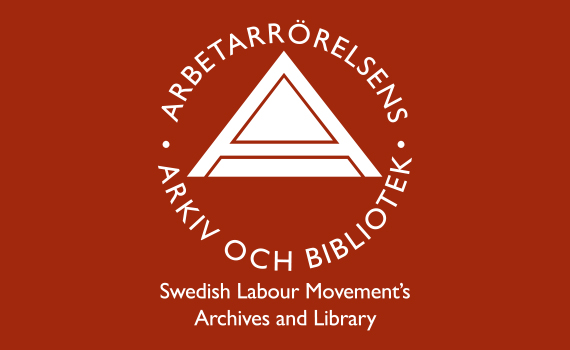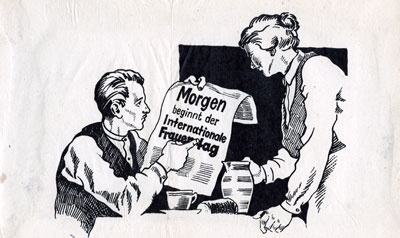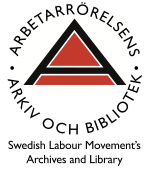Årsarkiv: 2010
[…]
Klubb 44

A global approach to feminist labour history adds new contents and insights. Our intention with this overview of available sources at the Labour Movement Archives and Library (ARAB) is to inspire researchers, both academics and those actively interested in researching their own history, to look beyond national borders.
Worlds of Women in ARAB’s Collections – A Short Introduction

International Women's Day is one of the socialist inventions that have spread and become a successful feminist celebration all over the world. The significance of International Women's Day has certainly changed since its inception when it was intended to function as an international day for agitating for women's suffrage to when it became an official United Nations Day in the 1970s to the present day when it is used by major companies to celebrate their outstanding female employee.
International Women’s Day: A Prism for Women’s Political Work
Clara Zetkin has sent letters sent both to the Social Democratic women’s organization and to leading Social Democrats in Sweden. There are only a handful of letters, but those to the representatives of the women’s organization tell a lot about the character of and conditions for women’s international work. Networking with men from the movement was often essential for women in order to develop their own organizations and groups and Zetkin’s letters to male leaders of the labour movement illustrate this.
Letters from Clara Zetkin
Brita Åkerman was active in different women’s organizations and was among the directors of Active Housekeeping, an information bureau within the State Information Board, and later even of the Swedish Consumers Agency. Her political work is yet another example of what was seen as typically Swedish, which, at the same time, was influenced by the developments outside Sweden.

